The US Tourist Visa allows foreign nationals to enter the US temporarily, whether it’s for attending business meetings, exploring tourist attractions, or visiting friends and family. But before packing your bags, booking your flight, and heading off to experience America, it is important that you understand that this visa (also known as a US Visitor Visa) is slightly more complicated than it first appears to be. For one, it comes in two categories, but which one you should apply for depends on your situation.
In this guide, we’ll cover everything you need to know about the US Tourist Visa so you can maximize your chances of approval and experience a smooth journey to the Land of the Free.
What is the US Tourist Visa and who is it for?
The US Tourist Visa, also known as a US B Visa, is a non-immigrant visa for foreign nationals who want to enter the US temporarily. It is typically valid for up to 10 years from the issue date and allows a stay of 180 days per entry. There are two main categories for the Tourist Visa:
- US B1 Visa: Designed for those traveling to the US for business purposes such as attending meetings, conferences, or negotiating contracts.
- US B2 Visa: Intended for tourists, individuals visiting friends or family, and those seeking medical treatment.
What are the Eligibility Requirements for the US Tourist Visa?
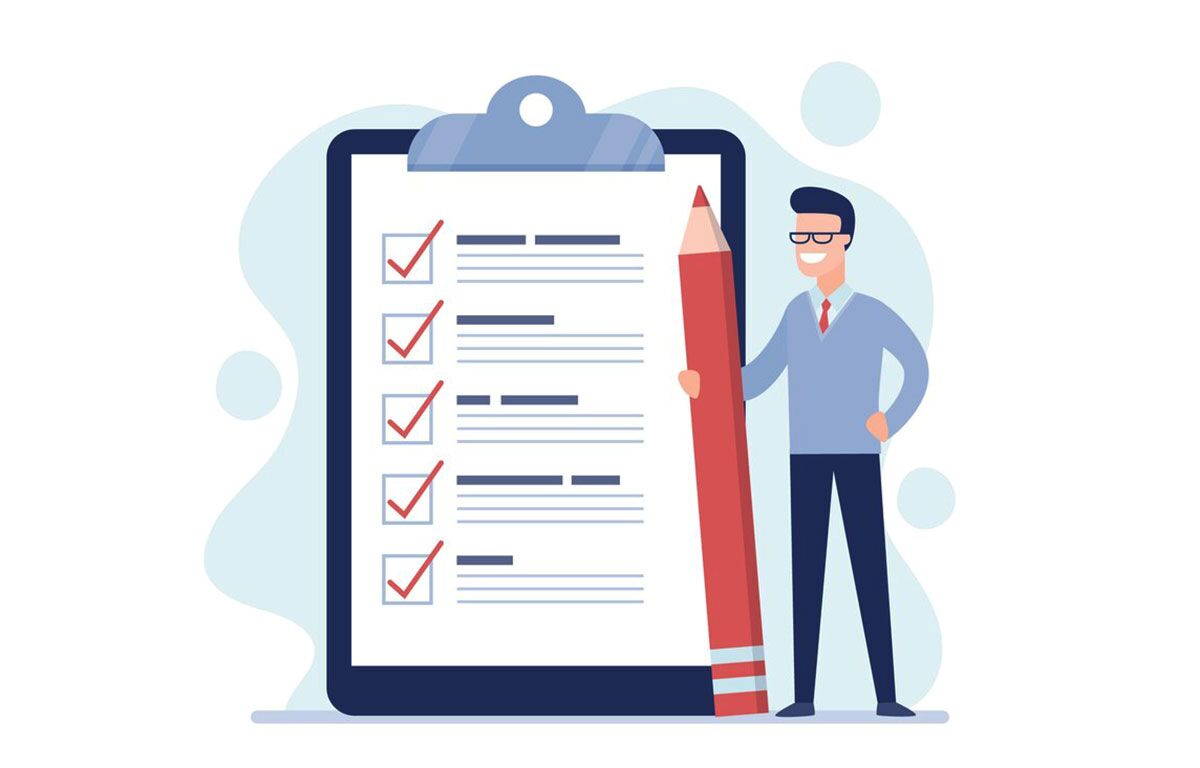
Even though the US Tourist Visa comes in two categories, the eligibility requirements remain the same. Below is a list of requirements you will need to meet:
- Non-immigrant intent: You must demonstrate that you plan to stay in the US temporarily and return to your home country afterward.
- Strong ties to your home country: Proof of employment, property, family, or other connections that indicate you have reasons to return to Thailand.
- Sufficient funds: You must show you can cover your expenses during your stay in the US without working.
- Valid purpose for travel: Whether for business, tourism, or medical treatment, you must provide a valid reason for your visit.
What are the Documents Required for the US Tourist Visa Application from Thailand?
Now we’ve covered the basics of the US Tourist Visa and the eligibility requirements you will need to meet, let’s dive into the paperwork you need to complete before making your dream of a trip to the US a reality. Below is the list of documents you will need to provide:
- Completed Form DS-160
- Passport with at least 6 months of validity remaining beyond the intended date of travel
- Passport-style photograph
- Detailed travel itinerary including invitations, accommodation reservations, and flight tickets
- Proof of financial funds to support your stay in the US such as bank statements
- Documentation that establishes strong ties to Thailand such as proof of employment, property ownership, or family ties
- Any additional documents requested by the consular officer
But before you submit your application, it is important to keep in mind that the documents must be in the English language. Because of this, any Thai documents you hold will need to be notarized, translated, and legalized by a certified professional and/or the Thai Ministry of Foreign Affairs before you can use them in your US Visa application.
What is the US Tourist Visa Application Process from Thailand?
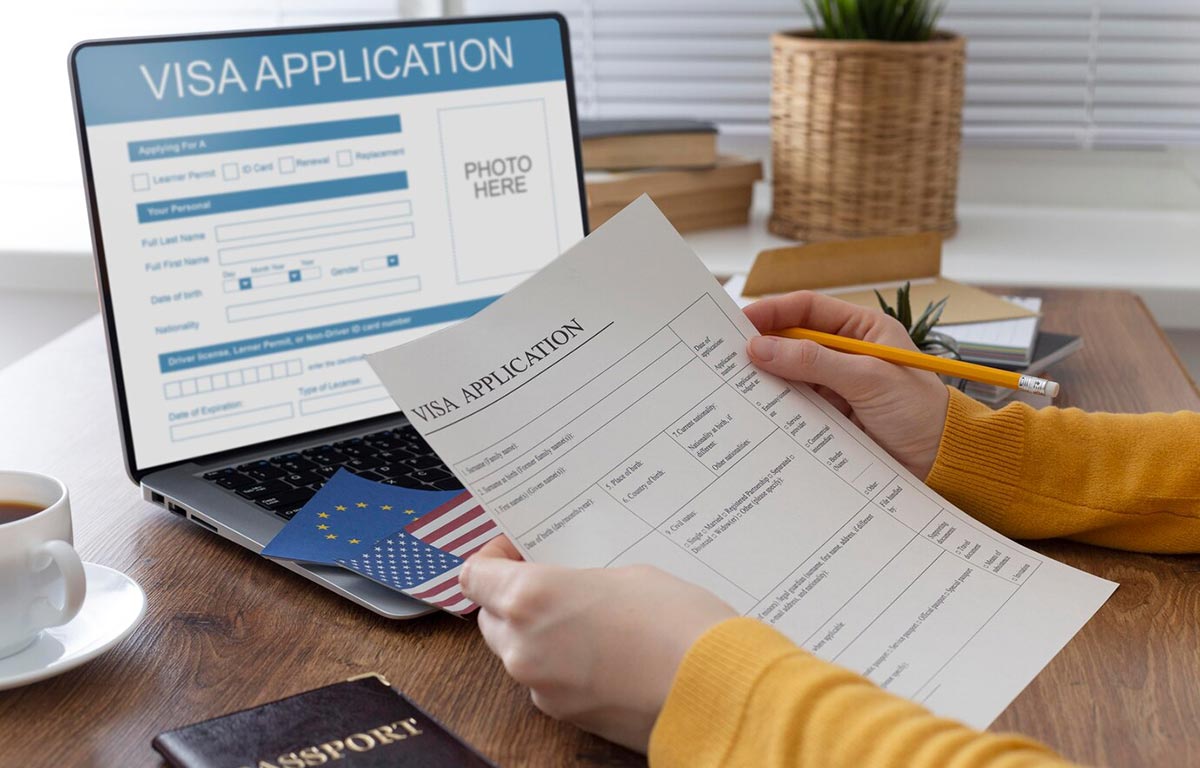
Once you’ve gathered and correctly prepared all the required documents, you can start the application process.
- Complete and submit Form DS-160 online to the Department of State website.
- Print the application confirmation page and arrange for an interview at the US Embassy in Bangkok where they will check your eligibility.
- If you pass the interview, you will receive your US Tourist Visa.
The entire application process for the US Tourist Visa can take a few weeks to a few months to complete, depending on when you are able to slot an appointment for yourself at the US Embassy in Bangkok. Errors in your application packet or missing documents can also lead to delays so make sure that your planned trip to the US is not disrupted by applying as early as possible.
Prevent Errors and Delays with Professional US Visa Application Services
If you want to learn more about the US B Visa, visit Siam Legal’s information page on the US Tourist Visa. But if you’re ready to start your trip to the US and want to prevent visa issues from throwing off your plans, contact Siam Legal now to start your consultation! Our visa consultants are dedicated and experienced, and we’ve assisted with over 10,000 successful US visa applications.
Frequently Asked Questions
Can I work on a US Tourist Visa?
No, neither the US B1 nor US B2 Visa allows you to work or accept employment in the US. Any business activities must be temporary and unpaid.
Do I need a US visa if I’m only transiting through the US?
Yes, you may still need a US Transit “C” Visa if you’re passing through the US en route to another country.
How long can I stay in the US on a Tourist Visa?
Typically, a US Tourist Visa allows a stay of up to 180 days per entry, but the exact duration is determined by immigration officials.
Can I bring my Thai girlfriend or Thai boyfriend to the US to get married with a US Visitor Visa?
No, you cannot bring your Thai girlfriend or boyfriend to the US to get married on the US Visitor Visa, at least not legally. If you both want to get married in the US, you will have to assist your partner in applying for the US K1 Visa, which was specifically designed for those intending to get married in the US. Otherwise, you and your partner risk prosecution or even deportation.
How much is the US visa fee in Thailand?
The visa fee for the US Visitor Visa is 185 USD, which is about 6,130 THB, according to the current fee information and exchange rate in October 2024.
How can I pass my US visa interview?
To pass the US Visa interview, you must be able to answer questions about your life such as your current employment status, education, and family responsibilities. This is to make sure that you have strong ties to your home country and that you have a reason to leave the US when the visa expires. You should also bring hard evidence of these claims such as an employment letter, pictures, or bank statements.
Contact Siam Legal
 | Ken Graham US Immigration Attorney Partner, Siam Legal International |
 | Natdaphon Luengsawang Senior US Visa Consultant Siam Legal International |
LIVE SUPPORT
 CALLCall (702) 799 9719 |  CHATChat with our representative | |
| From US: Sunday – Friday 5:00 PM – 7:00 AM (New York time) 2:00 PM – 4:00 AM (Los Angeles time) From Thailand: Monday – Friday | ||







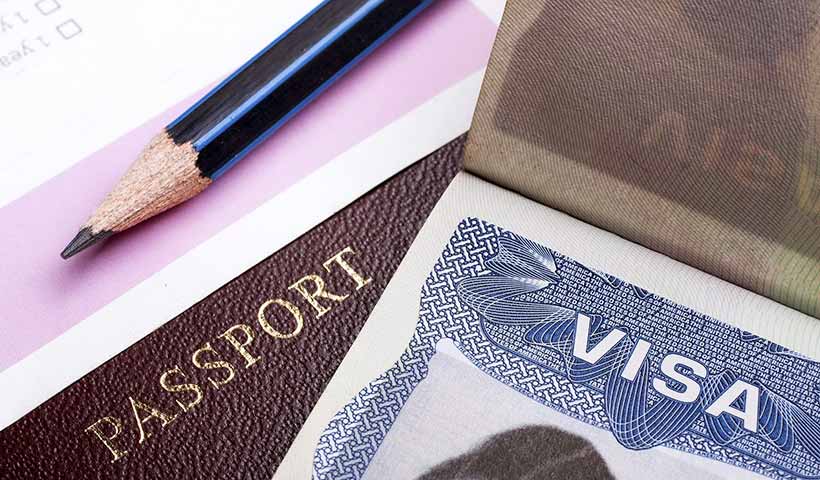
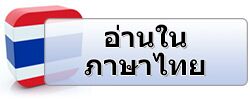



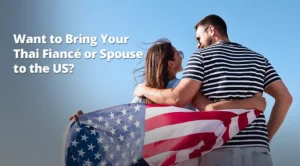
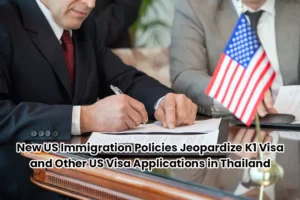


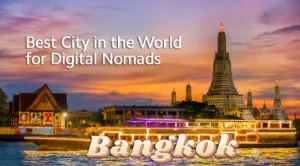





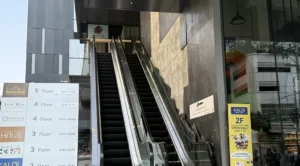
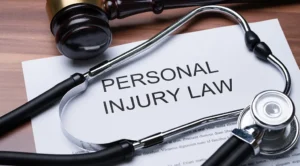

















54 Responses
What is 214(B) she was denied and given this reason at the last application?
Hi Jeffry,
It means they are not confident that you will return. Based on your application, they may have seen a lack of financial funds, strong ties, passport history, or stable employment. Traveling to the US for relationship reasons alone may not have been enough to support your case.
Hello.
if I am not married and she doesn’t have a job but we are living together in Thailand how can we do this?
Hello Dan,
First, you need to marry her, then wait six months after the marriage before applying, where we will declare her as your homemaker.
Also, make sure she meets three key points: financial funds, passport history (we recommend taking her traveling, and our Foreign Team can assist with visits to harder-to-enter countries). For the marriage process, our Thai team can help you complete it smoothly.
Good morning Sir/Madam,
What documents count as strong ties for a visa?
Hello Jane,
Documents showing ownership, such as a deed, blue book, green book for vehicles, sales agreements, or sales contracts—any formal documents issued by the government.
I have been denied 3 times in the past 2 years how can I apply again?
Hello Steve,
First, we have to look into your case, assess your weak points, and recommend how you can make changes. Once significant changes are made, you can reapply with a higher chance of approval.
hi,
what do they mean by passport history?
Hello Kittytan,
To grant you a US Tourist Visa, immigration looks at your travel history, especially to countries that are harder to visit, such as Australia, Europe, New Zealand, Canada, or the UK. They want to see that you were issued a visa and returned as required.
She only have family and job ties. Will that work for her visa application?
Hi Mark,
It’s not as strong as having assets or property. She may still be approved, but it depends on the consular officer’s discretion during the interview. Applicants who own assets or property in their name tend to have a higher approval rate.
Hello Good afternoon,
I’m not a Thai citizen. Is it okay to apply from Thailand?
Hi Lance,
Yes, you can apply as a non‑Thai, non‑resident with a valid passport, provided you demonstrate the four required points in your application and attend the interview in person.
What documents do I need to bring to the interview?
Hello PanPan,
We will prepare the files for you to bring to the interview, and you will attend the interview yourself. It’s part of our services.
If we already applied for a K-1 visa, can I still apply for a US Tourist Visa?
Hello Jakey,
Yes, during the K-1 process, you can apply for a US Tourist Visa. The burden is on you to meet the four requirements for a temporary non-immigrant visa, while the K-1 is an immigrant visa focused on permanent residence, where the burden is on your sponsor.
Hello, do I have a chance to be approved?
Hi Deedee,
This depends on how the case is presented, whether you meet all four points, and how it is declared in your DS-160. This will influence the discretion of the consular officer.
How long can she stay once granted the US Tourist Visa
Hi Jordan,
Each trip duration can range from days to weeks to months, but staying more than 6 months may be questioned upon your return. Temporary visits should not exceed 3 to 6 months.
Hi. How much financial funds do I need?
Hello Bruce,
U.S. immigration estimates 5,000 USD for every 15 days of stay, so you must show sufficient funds in your bank statement at the time of the interview. Owning credit cards can also strengthen your case.
Hi, do you help prepare for the interview as part of the package?
Hello June,
Yes, we do. We’ll have one session either on-site or online to go through the questions and help prepare her for the interview.
I am an Indian working in Thailand on work permit can I apply?
Hello Rajdheep,
Yes, you’ll get an interview date, but it depends on the embassy’s availability. It might be a bit later compared to Thai nationals, but still much faster than in India, where the wait can be 2 to 3 years.
Hi, what do I need for a B1 US Tourist Visa?
Hello Mony,
A letter of invitation to join the event or conference from the organizer in the US, a copy of their passport, and company details if they are sponsoring your trip. However, if your company in Thailand or you yourself are sponsoring the trip, then a letter of employment and the company’s bank statement are required.
Is it true they say Chiangmai is easier than Bangkok?
Hi Jack,
No, it is just demographically more convenient for the applicant to attend. The approval standard depends on how the case is presented and is at the discretion of the consular officer during the interview.
I am a freelancer can I be qualified for US Tourist Visa
Hello Kevin,
It would be challenging, as you would need to provide a work contract, proof that a previous employer has used your services, and if you’re a social influencer, you’ll need to demonstrate your work and social media presence.
Do I need criminal background checks for applying for US Tourist Visa?
Hi Taetae,
No, you do not need a criminal background check for a U.S. tourist visa.
What will they ask me at the interview?
Hi Stephenson,
Your answers should be consistent with what you submitted in your DS-160. Common questions during the interview include:
Hi, if she’s on a tourist visa, I want to know if it’s okay to get married while she’s here.
Hello Lewis,
Yes, but she might get a lot of questions from immigration, as it could be seen as misrepresenting her reason for entering the country. She will still need to return to Thailand and go through the CR1 process.
I am a student, I just graduated from my school and don’t have a job right now, do I have a chance of getting approved?
Yes, if you can show financial funds, strong ties, passport history, and certainty of getting a job or returning to one.
Hello,
What should I put inside a Letter of Invitation?
Hi Nate,
A copy of the passport of the person inviting, the purpose of the trip, trip duration, details of the temporary visit and return to Thailand, along with the contact details of the invitee.
what kind of visas are given for visiting the US as a tourist?
Hi Ralph,
– B1 is for attending business events, conferences, training, negotiation on business purposes
– B2 is for tourism and medical treatments
It’s how the case is presented that determines the success of either getting a Single Entry valid for 3 years or Multiple Entries for 10 years
Hello there,
just wondering how long the process is going to take?
Hi Neesa,
From the day you make the payment, collect the documents, answer the DS 160 questionnaire till the day you get the interview is 3 months in the making. At the interview, you will be informed of the results immediately. If approved, they will keep your passport for processing, which takes about five working days, then mail it back to you so you can fly to the US.
Is there really any guarantee that my visa will be approved?
Hello Sammysam,
No, the discretion lies with the consular officer who reviews the case as declared in the DS-160, where we present a strong application aiming for a 10-year multiple-entry visa where the applicant must meet all four key criteria.
If my visa application was denied before, am I allowed to reapply?
Yes, you can. However, we would need to review your case to understand why your application was denied. Common reasons include insufficient financial funds, lack of strong ties, limited passport history, or employment status. You can then reapply with significant improvements in these areas.
What kind of connections or ties do I need to have for my US tourist visa to get approved?
Hello Nerea,
Owning assets and properties in your name, such as land, buildings, a residence, vehicles, or established businesses, is considered stronger evidence than having family or job ties. This is because it shows you have a personal interest to protect, which increases the likelihood of your return.